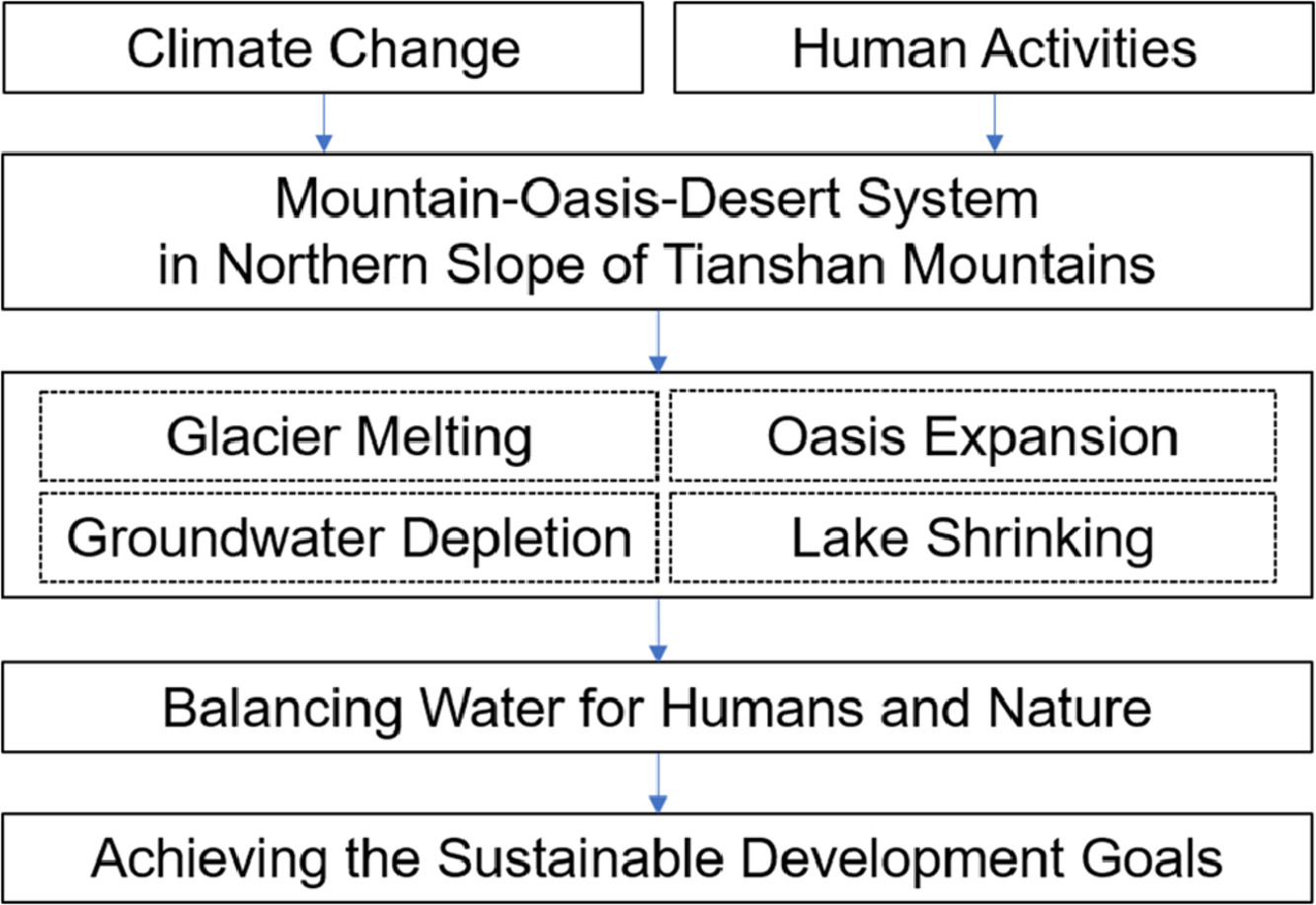Mountains hold a significant position in the context of the United Nations' Sustainable Development Goals (SDGs). They play a crucial role in providing key ecosystem services, including fresh water, energy, food, and biodiversity, which are essential to human well-being and sustainable development.
Starting with SDG 6, which emphasizes clean water and sanitation, mountains act as natural water towers, storing water in the form of ice and snow and releasing it into rivers. These rivers are a lifeline for millions of people living downstream, providing them with fresh water for drinking, irrigation, and energy production. In this regard, mountains also contribute to SDG 7, which promotes affordable and clean energy, given their potential for hydroelectric power.
The biodiversity of mountain regions plays into SDG 15, which aims to protect, restore and promote sustainable use of terrestrial ecosystems. Mountains are hotspots of biodiversity, providing habitats for a range of plant and animal species, many of which are not found elsewhere. Preserving these ecosystems not only helps to maintain biodiversity but also supports the livelihoods of local communities.
SDG 2 aims to end hunger and promote sustainable agriculture. Many mountain communities rely on terraced agriculture to grow crops, and mountains themselves are home to a wide range of plant species that can be utilized for food and medicine.
However, mountain regions are vulnerable to the impacts of climate change, such as increased landslides and glacial melting, which can lead to severe consequences for people living in these regions and downstream. As such, the efforts to protect mountains and their ecosystems directly contribute to SDG 13, which calls for urgent action to combat climate change and its impacts.
Overall, mountains are critical to several of the SDGs. They require careful management and conservation to ensure their continued ability to provide vital ecosystem services and maintain biodiversity, whilst supporting sustainable development for communities that depend on them.
International Mountain Day 2024
Mountains have long captivated the human imagination with their majestic beauty and vastness. However, beyond their aesthetics, mountains play a crucial role in our planet's well-being, impacting global ecosystems, climate, and communities. Every December 11th, International Mountain Day is observed to recognize the significance of mountains and the need to conserve them.
Why Mountains Matter
World Tourism Day 2024
World Tourism Day 2024 beckons! As we stand on the brink of another celebration of the myriad wonders of global travel, it's crucial to recognise the significant role of SDGs (Sustainable Development Goals).
Since its inception, World Tourism Day has been an emblematic moment for travel enthusiasts. But this World Tourism Day 2023 isn't just another tick on the calendar. It represents an alignment of the global journey with SDGs.
The Importance of SDGS
Kamil Maciuk, Chapter 9 - GNSS monitoring natural and anthropogenic phenomena, Editor(s): George p. Petropoulos, Prashant K. Srivastava, GPS and GNSS Technology in Geosciences, Elsevier, 2021, Pages 177-197, ISBN 9780128186176, https://doi.org/10.1016/B978-0-12-818617-6.00007-X.





